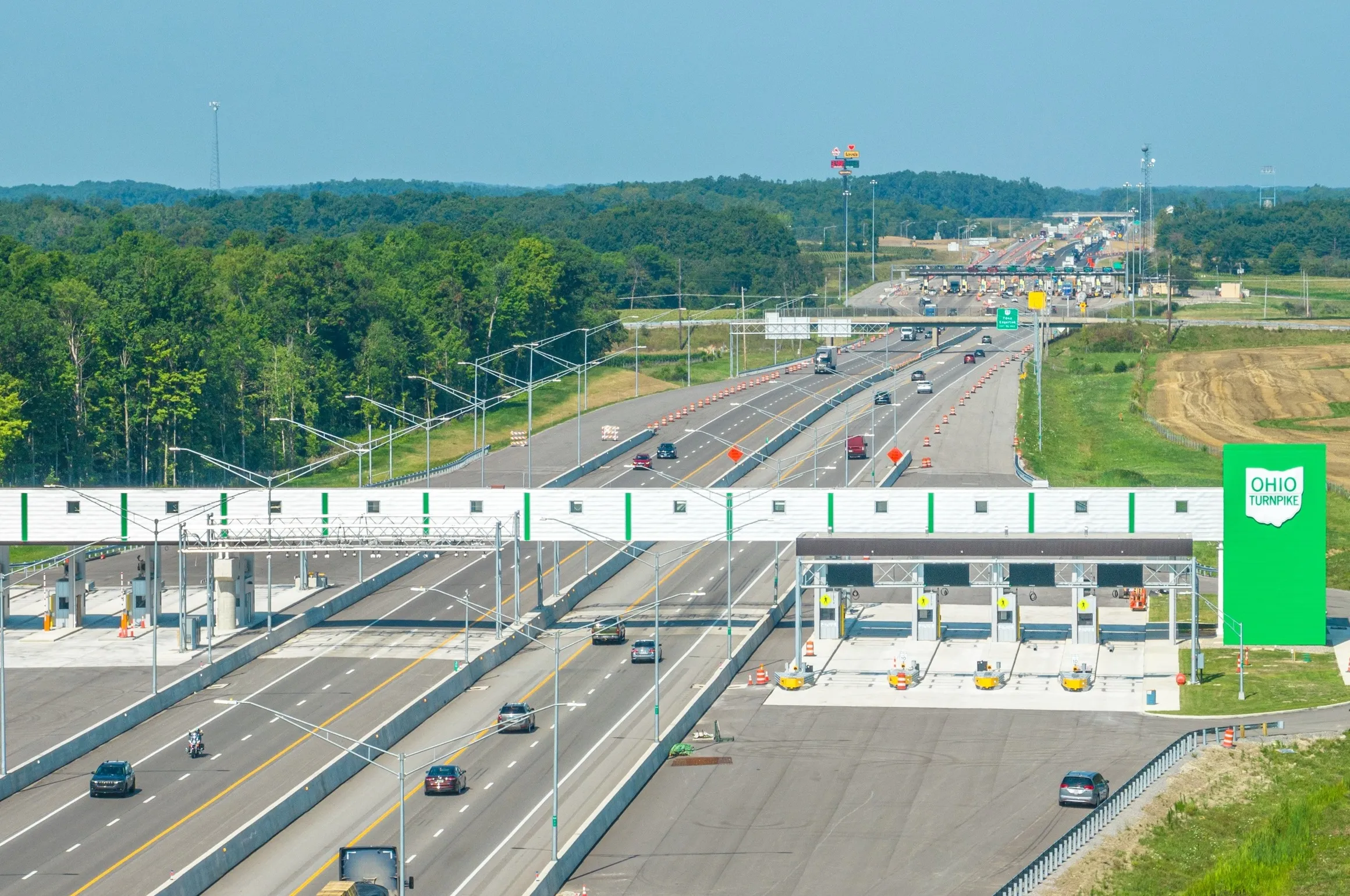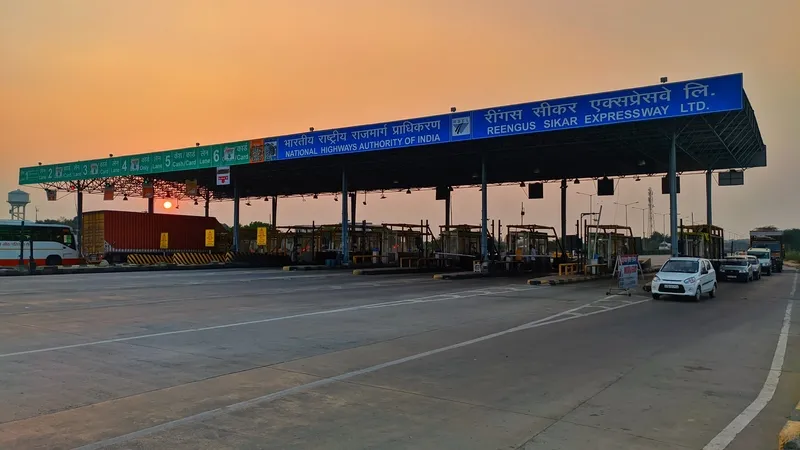The Manila-Cavite Expressway, more commonly known as Cavitex, has become the first toll road in the Philippines to use radio frequency identification (RFID) electronic toll collection technology, with the launch of EasyDrive, a paper-thin battery-less sticker.
Metro Pacific Tollways (MPTC) has introduced the new prepaid electronic toll collection system as part of the company’s plan to modernise Cavitex.
The 14 kilometre access-controlled toll expressway links Manila to the southern province of Cavite. Daily traffic averages 110,000 vehicles; the company expects a 13 per cent penetration rate for the EasyDrive card and plans to introduce it on the North Luzon Expressway (NLex) later this year.
EasyDrive, which can carry out transactions at three to four seconds per vehicle, was designed to decongest the toll plazas. Motorists need only to slow down to pay the toll; the sticker is placed on the inside of the windshield and sensors at the toll plaza activate the radio/antenna to identify the vehicle and take payment.
Cavitex Infrastructure Corporation (CIC) and Philippine Long Distance Telephone Co (PLDT) have also installed a fibre optic backbone along the expressway to host ongoing systems upgrades related to toll collection, telecommunications, and security operations. Other upgrades include completion of a toll collection migration which includes improvement of the telecommunication system and installation of closed circuit television (CCTV) cameras for round the clock monitoring of Cavitex.
Launching the new system, MPTC president Ramoncito Fernandez said: “EasyDrive was a creation of MPTC’s research and development team, consistent with the company’s continuing innovation thrusts to attain the ultimate customer satisfaction in terms of tollway products and services.”
Manila launches first RFID toll collection
14km access-controlled toll expressway links Manila to the southern province of Cavite
June 26, 2014
Read time: 2 mins









